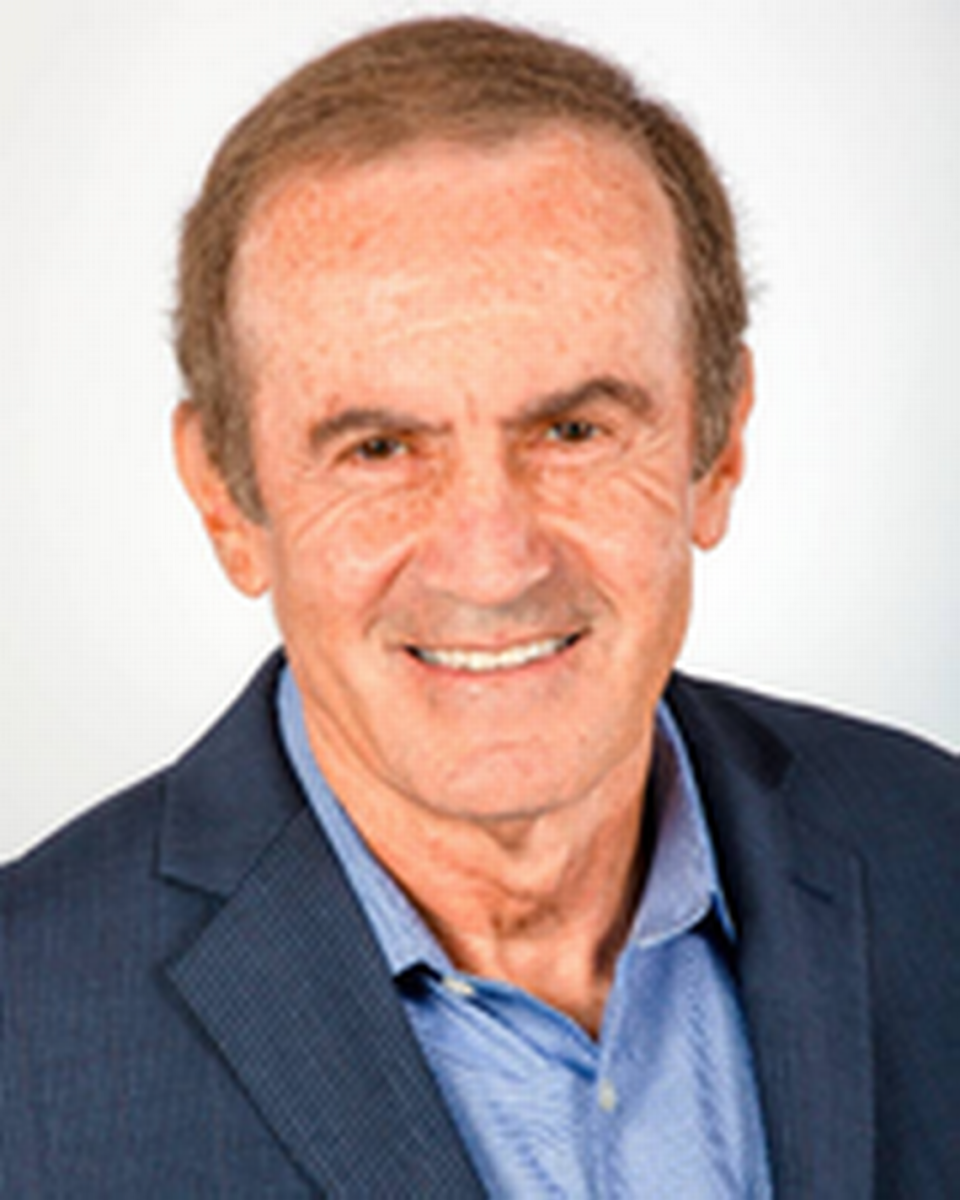Democracy is losing support in the world and in the US. Just look at El Salvador | Opinion
- Oops!Something went wrong.Please try again later.
- Oops!Something went wrong.Please try again later.
- Oops!Something went wrong.Please try again later.
The landslide re-election of popular authoritarian President Nayib Bukele in El Salvador’s Feb. 4 elections seems to confirm a global trend toward the loss of support for democracy. It seems to be happening everywhere, including in the United States.
Bukele announced on election night that he won by more than 85% of the vote, and 58 of 60 seats in the Salvadoran congress. That will give him near-absolute power during a second, five-year term.
The Salvadoran Constitution prohibits two consecutive terms, but Bukele packed the Supreme Court with loyalists and changed the rule to be able to run for re-election. Pre-election polls showed that he has a 90% popularity rate, more than any other president in the region, thanks to his effective campaign against the violent drug gangs that used to terrorize his country.
“This will be the first time where one party rules a country in a completely democratic system,” Bukele said on election night. “The entire opposition has been pulverized.”
But the big question is whether there can be democracy without an opposition. In a growing number of countries, voters don’t seem to be losing sleep over this issue.
Elected authoritarian leaders have won or are poised to win elections in India, Turkey and several other countries, despite concerns about their abuses of power. In Mexico, President Andres Manuel Lopez Obrador on Monday presented a bill to change the Constitution in ways that would weaken controls on the government.
In the United States, former President Donald Trump is likely to be nominated as the Republican candidate and could win the November elections, despite his support for the Jan. 6, 2021, failed insurrection that tried to overturn the 2020 election results. He recently stated that “I’d be a dictator on day one.”
An alarming new Gallup poll shows that only 28% of U.S. adults are satisfied with the way democracy is working in the country, down from 60% in the mid-1980s.
In Latin America, a poll in 17 countries conducted by Latinobarómetro found that only 48% of Latin Americans agree with the idea that, “Democracy is preferable to any other form of government,” down from 63% in 2010. High crime rates, corruption and stagnant economies have driven up support for messianic leaders, the study says.
Salvadorans truly appreciate Bukele’s decision to build mega-prisons, and to put more than 75,000 presumed gang members behind bars. Although violent crime rates had begun to fall since 2015, they have plummeted since he took office in 2019, turning El Salvador from one of the most violent to one of the most peaceful countries in Latin America.
Problem is, many of those in prison were arrested without fair trials under a state of emergency imposed by Bukele’s government in early 2022. Many young Salvadorans were arrested by police just for having tattoos, without evidence that they belong to any drug gang.
El Salvador’s security forces have committed “widespread human rights violations, including arbitrary arrests, enforced disappearances and torture, “ the Human Rights Watch advocacy group says.
And the current peace may not last long. Bukele has made deals with drug lords to stop the violence, but the drug gangs are still alive, critics say. Bukele’s mega-prisons, rather than eliminating violent crime, may become training grounds for new and more powerful drug gangs, security experts say. The best-known Salvadoran gangs were born in the jails of Los Angeles, they say.
Bukele has now become a hero to many people in Latin America’s crime-ridden countries. But the fact that he governs at his whim should raise alarm bells everywhere. Latin America has given plenty of examples that power corrupts, and absolute power corrupts absolutely.
Virtually all Latin American dictatorships have ended badly. If Bukele keeps holding absolute power and bragging about having “pulverized” the opposition, I don’t think that his government will be an exception to the rule.
Don’t miss the “Oppenheimer Presenta” TV show on Sundays at 9 pm E.T. on CNN en Español. Blog: andresoppenheimer.com


